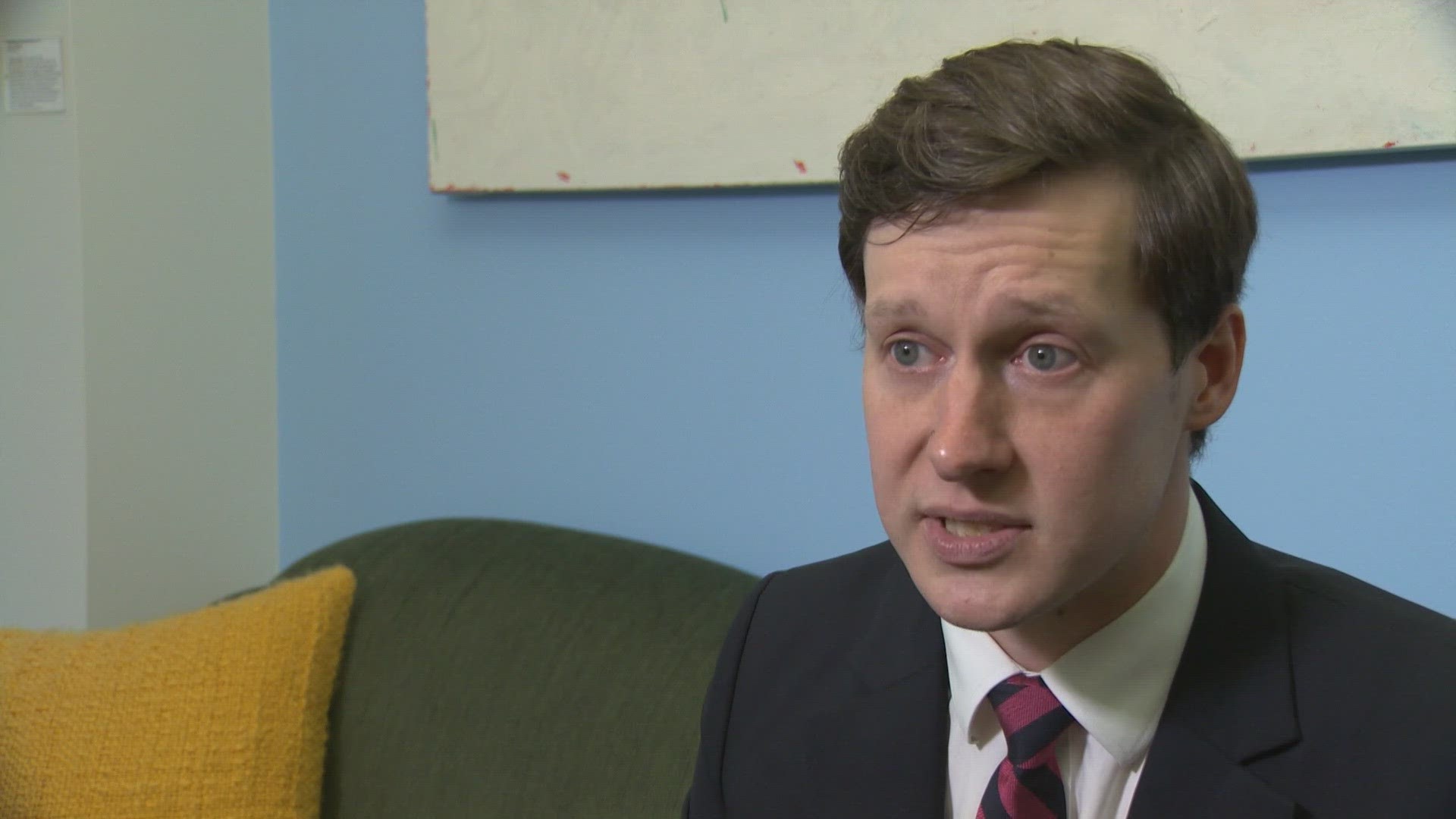SEATTLE — A Seattle City Councilmember plans to propose a new drug ordinance once the "necessary pathways for treatment and diversion" are created.
Councilmember Andrew Lewis was the deciding vote earlier this week on a proposal that would have expanded the prosecutorial discretion of the City Attorney to include charging decisions for possession and public drug use.
The ordinance, sponsored by Councilmembers Sara Nelson and Alex Pedersen, would have brought Seattle into compliance with the state's new drug possession law, which makes the crime a gross misdemeanor and goes into effect July 1.
Councilmember Lewis outlined his plans for addressing treatment and diversion in a statement posted on the City Council website.
"I will work with my colleagues, our City Attorney’s Office, our Courts, and the public to develop a successor therapeutic court to Community Court, develop and fully-fund treatment-based pre-file diversion, and work with Mayor Harrell to scale and deploy the plans outlined in his Executive Order on Seattle’s fentanyl crisis," said Councilmember Lewis.
There were more than two hours of public comment and three hours of discussion ahead of the vote Tuesday before council members decided more work needed to be done to address the root of the problem.
Council members had concerns over diversion efforts that resulted in the council unanimously passing an amendment to the legislation, although the bill still failed.
The state bill, which was passed during a controversial special legislative session in May, sets the penalty for possession of controlled substances as a gross misdemeanor with a maximum confinement time of six months for the first two convictions. Any fine for any conviction is capped at a maximum of $1,000.
The state bill would create a system for a pre-trial diversion program to get people into treatment. The bill requires mandatory early conviction vacation if the person in question can complete treatment or has "substantially complied" with a recovery program or similar services for six months.
In 2021 the Washington Supreme Court struck down a state law making drug possession a felony. It was unconstitutional, the court said, because it did not require prosecutors to prove that someone knowingly had the drugs. Washington was the only state in the country without that requirement.
In response, lawmakers passed a temporary measure giving themselves two years to build a long-term policy.

